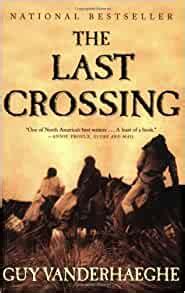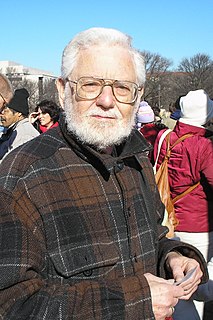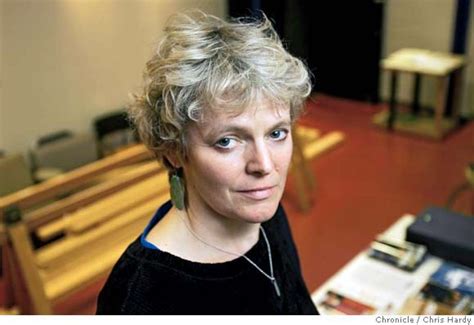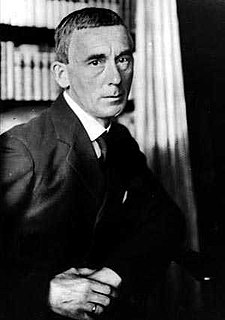A Quote by Guy Vanderhaeghe
The Wars is a great book, rich in its images, its language, its construction, and, ultimately, its conception.
Quote Topics
Related Quotes
The question occurred to me: Well, if that's so, if the Divine is ultimately formless and genderless, what's the big deal? Why all this bother? The bother is because we have no other way of speaking about the Absolute. We need forms and images. Without them we have no way of relating to the Divine. Symbol and image create a universal spiritual language. It's the language the soul understands.
Nature is a language and every new fact one learns is a new word; but it is not a language taken to pieces and dead in the dictionary, but the language put together into a most significant and universal sense. I wish to learn this language - not that I may know a new grammar, but that I may read the great book which is written in that tongue.
I write in order to understand the images. Being what my agent . . . somewhat ruefully calls a language playwright, is problematic because in production, you have to make the language lift off the page. But a good actor can turn it into human speech. I err sometimes toward having such a compound of images that if an actor lands heavily on each one, you never pull through to a larger idea. That's a problem for the audience. But I come to playwriting from the visual world - I used to be a painter. I also really love novels and that use of language. But it's tricky to ask that of the theatre.
Watching a scene from a film in slow motion is possible, but there’s an unreal air to it; reading a passage from a book slowly does nothing to rob the words of their power. A film presents images; a book creates images inside the reader, with the reader’s active participation. Books are good for your brain.
Obviously it's easier when I' m doing the adapting myself. But my feeling is, your potential upside far outweighs the downside. Ultimately, they [moviemakers] can't change your book. Your book remains on the shelf the way you wrote it. If they make a great movie of your book, then you have the equivalent of millions and millions of dollars of advertising for your book. If the movie's not that good, that doesn't mean the book's not good. It doesn't change what you've already written. It has the potential to reach more people.







































